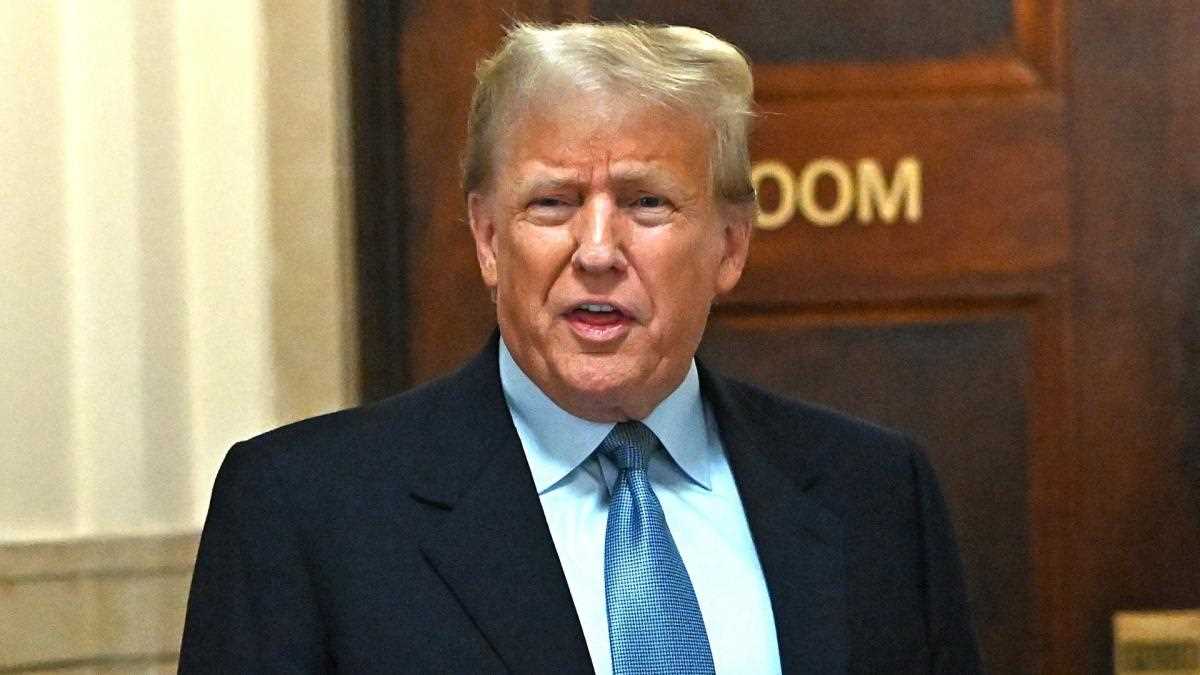
Former US president Donald Trump won the Iowa caucuses on Monday, securing a critical victory in the first nominating contest of the 2024 US presidential election.
The size of Mr Trump's victory was still to be determined on Monday night, with former UN ambassador Nikki Haley and Florida Governor Ron DeSantis battling for second place.
Although Iowa’s delegate share is well short of the more than 1 200 needed to secure the nomination, the nation's first contest is seen as a crucial test as to which candidate can gain momentum heading into the coming weeks and months.
The Iowa caucus essentially becomes, then, a battle for second place. Former UN ambassador Haley and Florida Governor DeSantis have battled each other to become the alternative Republican choice.
Before the race was called, entrance polling conducted by AP showed that a majority of caucus-goers identified with the “Maga movement”, in reference to the “Make America Great Again” slogan that Trump began in his 2016 campaign.
Iowa Republicans want more focus on domestic, not foreign policy
Republicans casting their ballot on Monday night generally want the US to be less involved in world affairs, according to findings from AP VoteCast.
Half of the respondents believe the US should be less active in resolving global issues, compared to two in 10 who say the US should be more engaged.
About two thirds of voters also favoured backing Israel in its war against Hamas. Meanwhile, six in 10 opposed giving more aid to Ukraine in its war against Russia.
Most voters found immigration and the economy to be the top issues facing the US today, AP’s VoteCast found.
About four in 10 voters believed immigration to be the most important issue, compared to a third who said it was the economy.
A majority of those who found immigration and the economy to be their biggest issue backed Trump in Iowa’s caucuses.
What is the Iowa caucus?
Related Stories
During a caucus, Iowa voters will attend events with other voters, where supporters are invited to address the crowd to convince their fellow Iowans of their choice.
The gathering makes caucuses unique to primaries, where voters can head to their local polling place or submit their ballot by mail.
The event also means a caucus can have a lower turnout. And with temperatures expected to dip as low as minus 26°C, campaigns are expecting a lower attendance this year.
“I know it’s really cold but I’m asking you, go out and participate in the Iowa caucus,” DeSantis said in a video to his supporters.
“You’re never going to have an opportunity to have your vote make more of an impact than you will tonight.”
Iowa's record as a precursor for the eventual nominee is spotty, particularly in the Republican Party.
George W Bush won the caucus on his way to the presidency in 2000. Trump also won it in 2020, when he was the incumbent.
The race to the nomination
Monday’s contest is the first in a months-long process to determine who will be President Joe Biden’s challenger in the 2024 election.
To secure the nomination, a candidate must secure a majority of the 2 429 delegates during the primary schedule.
Delegates are people chosen to represent their state’s party during the Republican National Convention in July.
Forty delegates will be available to be won in Iowa, which distributes delegates based on the percentage of the vote.
And while it does represent a minuscule amount of the total needed to win the nomination, the Iowa caucus is seen as a major driver for momentum as the process moves on to other early-voting states.
Polling compiled by FiveThirtyEight shows Trump holds sizeable advantages in the early-voting states of New Hampshire, Nevada, South Carolina and Michigan. – The National News











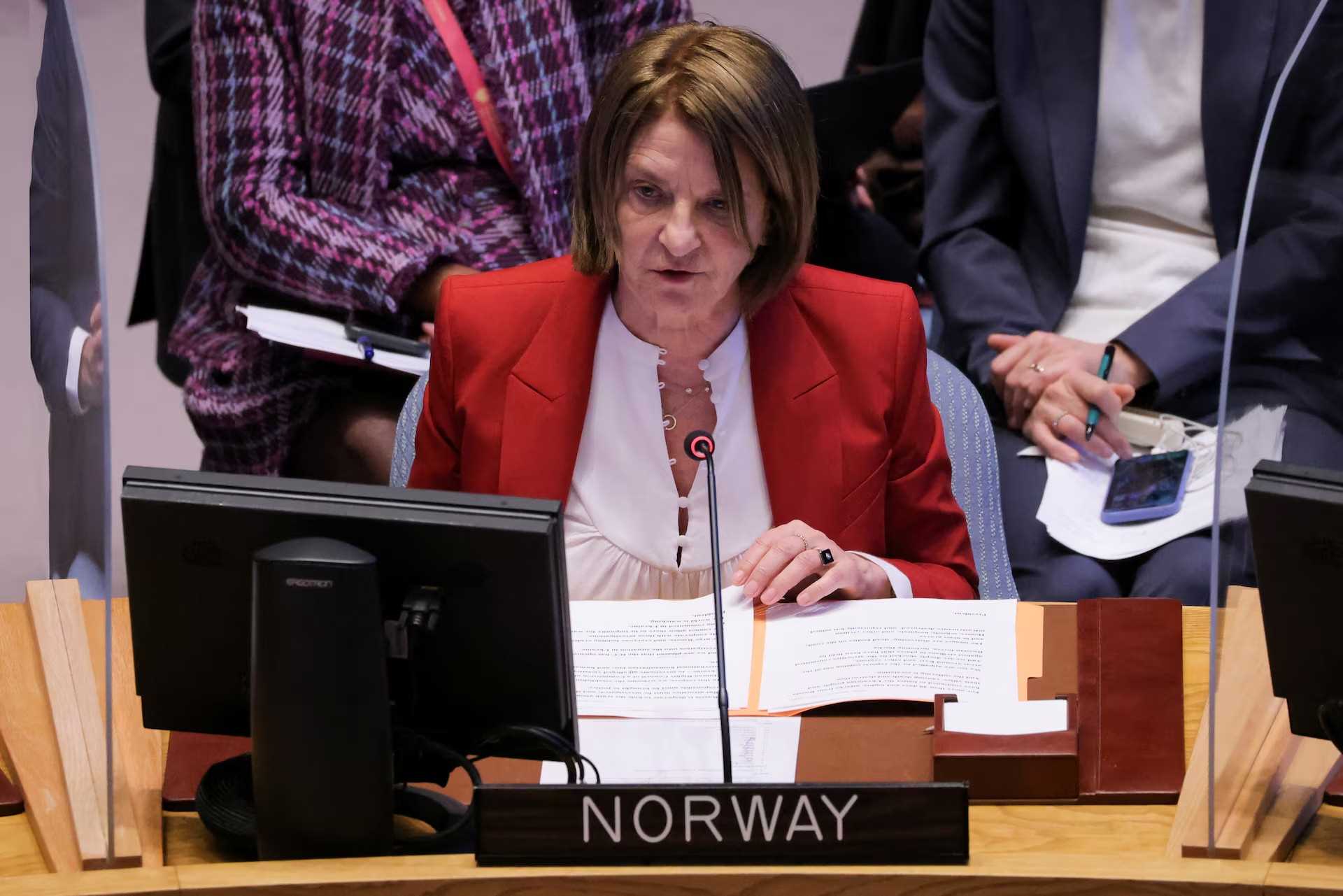



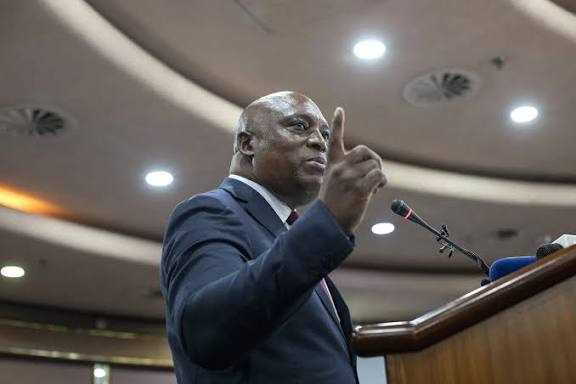
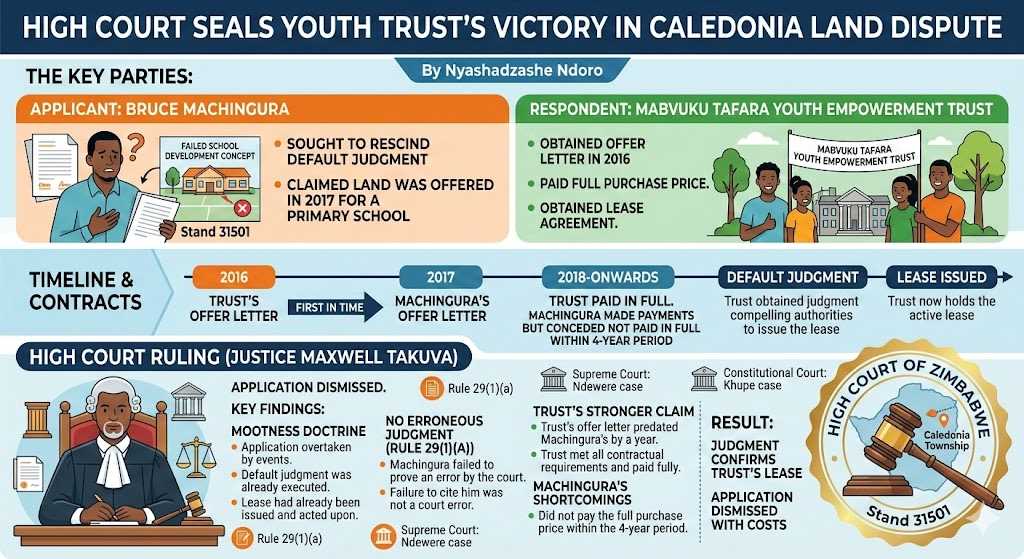
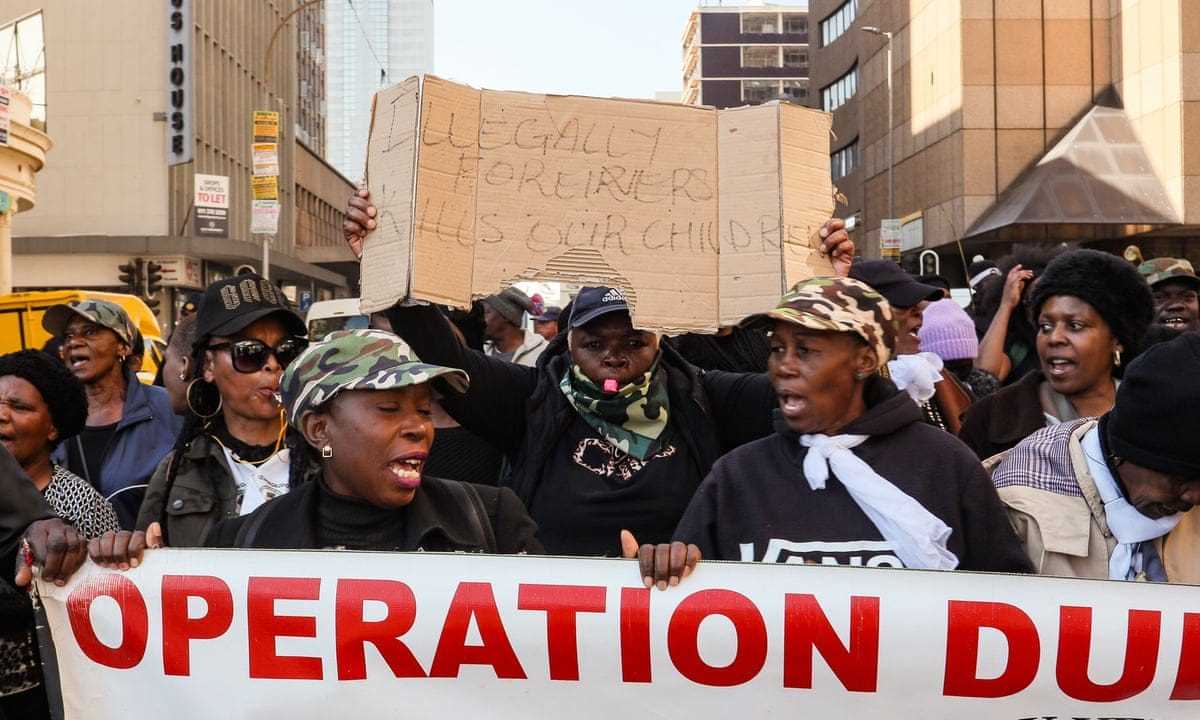


Leave Comments